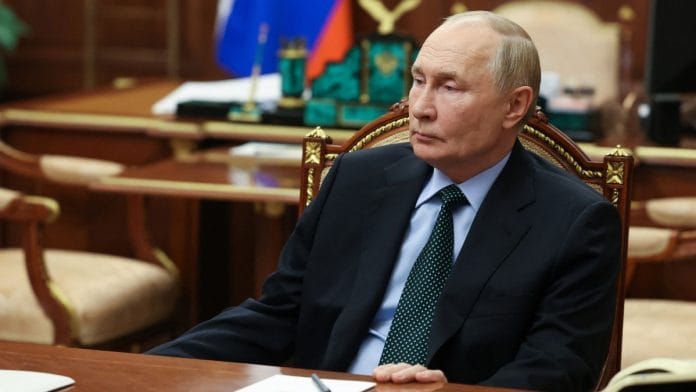After the ship docked, I got onto it. I met Captain Tilo Kalski and asked the crew about their experience. What had the tour done to its participants? Most of them had never been to the Indo-Pacific region before, but some had already been to the Horn of Africa to protect the shipping routes there from pirates as part of the EU’s mission, ‘Operation Atalanta’.
I had first met Captain Kalski back in 2008 (when I was the German ambassador to Kenya) on this very mission. The crew of the Bayern described their experiences on the long tour. They saw foreign countries, took part in multinational military exercises and training, got acquainted with new comrades and gained insights into the professional environment of other military personnel.
During long evenings on their trip, there was much discussion about politics, new tasks for the German navy, changing requirement profiles and the growing importance of Germany for the world’s distant regions. In the officers’ mess or the crew canteen onboard, the consensus was that in a globalized world, interest and presence could no longer be limited to Europe – global collaboration was essential for prosperity, security and climate protection. The trip undertaken by Bayern was a small contribution, a first symbolic step in this direction.
The Captain finally bade me farewell from the ship with all customary formalities. On the way back to the hotel, I pondered over the feeling that the Indo-Pacific – not the West or the EU – was likely to become the epicentre of the world’s most important challenges in the twenty-first century. Suddenly, a message from a German newswire brought me back to the domestic political perspective, and displaced all frigate news or insights into the importance of the Indo-Pacific region expressed during interviews in Germany.
The Inspector of the German navy, who had also travelled to India and was in Delhi, while speaking about Germany’s Indo-Pacific strategy – as had been planned for his speech, followed by a Q&A session – had, in a monologue, also expressed his ‘personal opinion’ about the need to respect Putin, who at that time was already preparing an attack on Ukraine. The initial incredulous bewilderment at the explosive statement was quickly followed by numerous domestic political discussions: Which political party did the Inspector belong to? What did he know about the situation in Ukraine? Who had appointed him? Why did he say these words in Delhi? What does the Bundestag say?
Just three weeks later, Russia went on to attack Ukraine on Putin’s orders, bombing civilians and denying the country its right to exist. As expected, the waves of political outrage were running high in Germany. Although the Inspector apologized during his immediate flight back to Germany for his ill-considered statements on security and military policy, he was forced to request early retirement on the very day of his arrival.
In India, this incident was indeed being noticed, but by no means to the same extent and with the same focus as in Germany. The media were more concerned with who brought this to the public, what was so wrong with his theses and why German media were giving this event more space than the visit of the ‘Bavaria’ to India. Indeed, the opportunity for more interest from the German public regarding the conclusion of the Bayern’s long voyage to India had been lost for the time being due to the affair surrounding the Inspector.
 This excerpt from ‘What the West Should Learn from India: Insights from a German Diplomat’, Walter J. Lindner with Heike Wolter, has been published with permission from Juggernaut Books.
This excerpt from ‘What the West Should Learn from India: Insights from a German Diplomat’, Walter J. Lindner with Heike Wolter, has been published with permission from Juggernaut Books.






